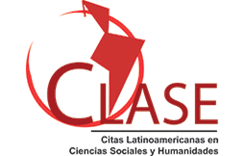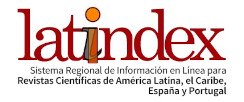THE FINANCIAL VIABILITY FOR CLEAN ENERGY GENERATION FROM SWINE WASTE: A COMPARATIVE STUDY BETWEEN BRAZIL AND ECUADOR VIA A MONTE CARLO SIMULATION METHOD
Keywords:
clean energy, Monte Carlo Simulation, costs, viabilityAbstract
The paper is written via a comparison of costs associated with the production of clean energy from swine waste in the Latin American countries of Brazil and Ecuador. Objective: The objective of the study is to study the financial viability of the use of a bio-digester in the two countries to allow for a comparison of the associated costs via cash flow analysis. Results: The results show that in order to meet financial viability allowing for a maximum 20% risk of investors losing money, that there is a need for bigger farms in Ecuador than in Brazil. Conclusion: The paper shows that by calculating the financial viability, a minimum number of swines are needed in each country. This is due to differing implementation costs in the two countries. Sustainability and conversation are only two of the positive results of generating energy in this way.Downloads
Download data is not yet available.
Metrics
Metrics Loading ...
Downloads
Published
2016-10-22
How to Cite
Catapan, A., Malo, Z., Villavicencio, G. J. D., & Cárdenas, E. (2016). THE FINANCIAL VIABILITY FOR CLEAN ENERGY GENERATION FROM SWINE WASTE: A COMPARATIVE STUDY BETWEEN BRAZIL AND ECUADOR VIA A MONTE CARLO SIMULATION METHOD. Revista Brasileira De Gestão E Desenvolvimento Regional, 12(3). Retrieved from https://www.rbgdr.net/revista/index.php/rbgdr/article/view/2523
Issue
Section
Artigos
License
Authors who have their papers accepted and published in the Brazilian Journal of Regional Management and Development must agree to the copyright policy CC BY https://creativecommons.org/licenses/by/4.0/.
If the article is accepted for publication, the copyright is automatically assigned to the Brazilian Journal of Regional Management and Development.

















